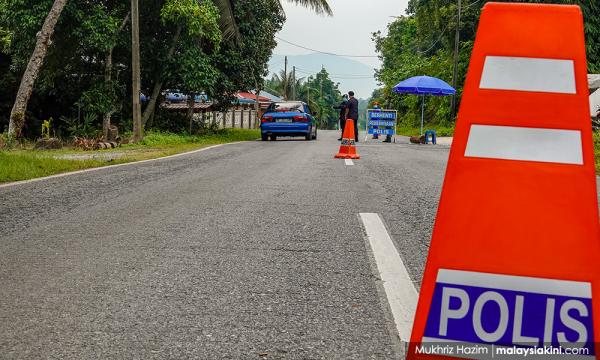COMMENT | In Part 1 of this two-part essay, I looked at the various powers enacted under the Emergency (Essential Powers) Ordinance 2021 (“EO 2021”), which were issued subsequent to the proclamation of emergency.
These related to taking temporary possession of land, building or movable property; demand for the use of resources; the issuance of directions for treatment, immunisation, isolation, observation or surveillance; and certain registration requirements consequent on the deployment of doctors, dentists, pharmacists, allied health professionals, medical assistants, nurses, midwives, opticians/optometrists and estate hospital assistants.
I concluded that the essential powers granted under the EO 2021 in relation to these areas actually already exist within present legislation. In this second part of the essay, I will focus on the sections of the EO 2021 that deal with security and the constitution.
Section 2 of the EO 2021 provides for the creation of an independent special committee. If the intention behind the creation of this independent special committee is to include members of the parliamentary opposition into a bipartisan advisory body that would advise the Yang di-Pertuan Agong in a spirit of national unity, then certainly this has not been done.
Section 7 of the EO 2021 grants to the armed forces the same powers as allowed to the police under the Criminal Procedure Code. It is clearly stated that these powers are intended to be in addition to, and not in derogation of, the armed forces’ existing powers under the Armed Forces Act 1972. Under this Act, the term “armed forces” means the army, the navy and the air force.
It is my contention that a similar power would have been ...


